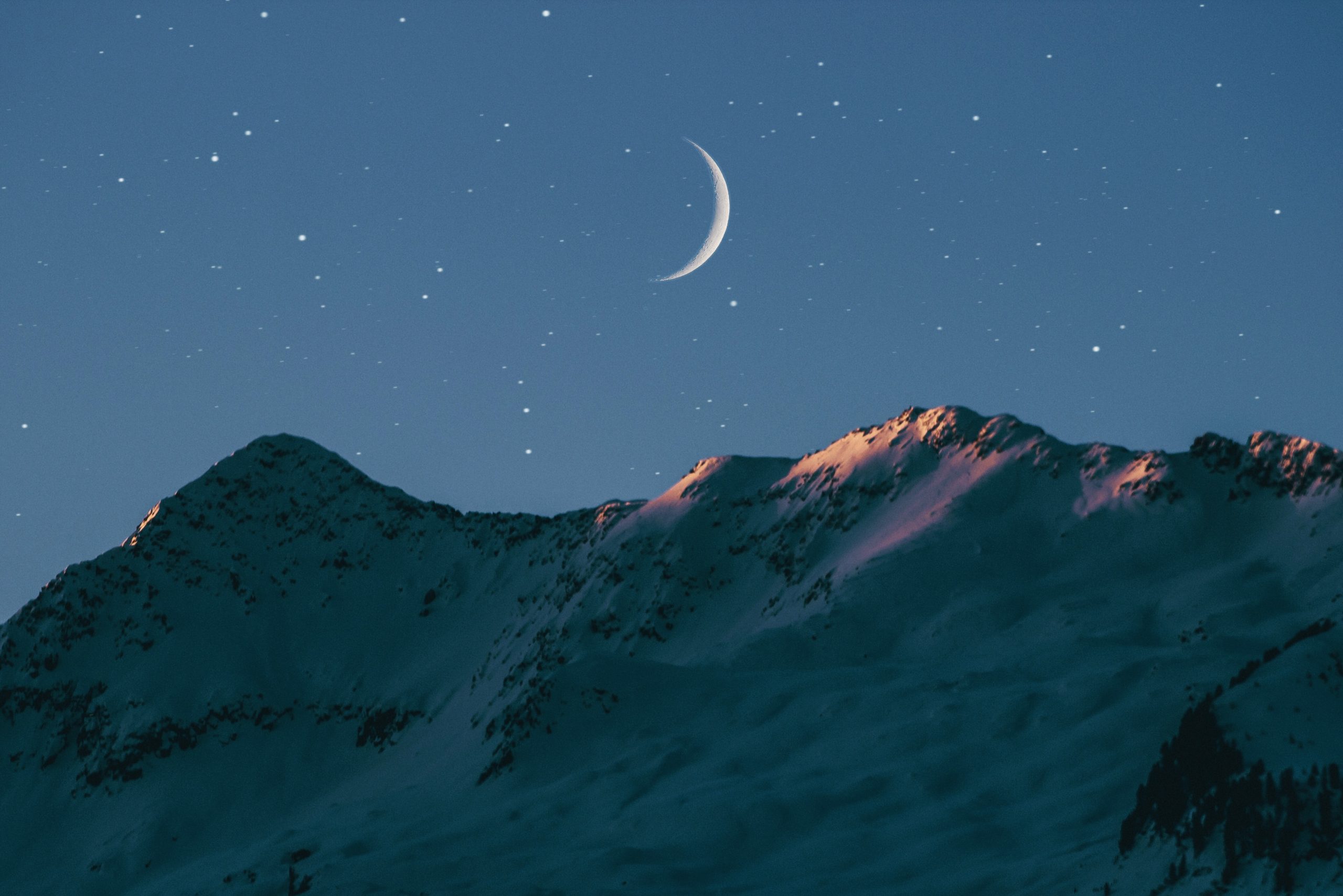Exploring Full Moon Beliefs: The Mysteries and Cultural Significance of Lunar Phases
Throughout history, the full moon has captivated human imagination, invoking a sense of wonder and reverence. Its ethereal glow casts a mystical spell upon the Earth, inspiring ancient folklore, religious rituals, and even shaping our modern-day beliefs. In this blog post, we delve into the fascinating world of full moon beliefs, shedding light on the cultural significance and diverse interpretations behind this celestial phenomenon.
The History of Full Moon Worship
Full moon worship predates recorded history. Ancient civilizations, such as the Egyptians, Greeks, and Romans, regarded the moon as a deity. In Egyptian mythology, the moon god Thoth played a central role in the creation of the world, while in Greek mythology, the goddess Selene personified the moon. These early cultures believed that the full moon represented fertility, rebirth, and the cyclical nature of life.
Moreover, many traditional societies relied on lunar calendars to track time and seasons. The lunar cycle, with its distinct phases, helped agricultural communities determine the best timing for planting, harvesting, and other important activities. As a result, full moon celebrations marked significant milestones in the agricultural calendar.
Full Moon Beliefs across Different Cultures
The full moon holds unique symbolism and significance in various cultural and religious traditions. Let’s explore some intriguing beliefs associated with the full moon around the world:
1. Werewolves and Shape-Shifting
The notion of humans transforming into wolves or other animals during a full moon is deeply rooted in folklore. Legends of werewolves have persisted across multiple cultures, such as European mythology, Native American folklore, and even ancient Indian and Chinese tales. Full moons were believed to intensify supernatural powers, facilitating these transformations.
While the idea of werewolves may seem far-fetched today, it is fascinating to consider the cultural significance and psychological factors that birthed these legends. Some theories suggest that the concept of shape-shifting during a full moon served as a metaphor for primal instincts surfacing during periods of heightened energy.
2. Lunar-based Festivals
The full moon serves as the focal point of numerous cultural festivals and celebrations around the world:
| Festival | Country | Cultural Significance |
|---|---|---|
| Mid-Autumn Festival | China | Celebrated during the harvest season, it signifies family reunion and abundance. |
| Diwali | India | The festival of lights celebrates the victory of light over darkness and the return of Lord Rama, coinciding with the darkest new moon night. |
| Wesak (Vesak) | Southeast Asia | Commemorates the birth, enlightenment, and death of Gautama Buddha, usually falling on a full moon day in May. |
3. Lunar Worship and Lunar Deities
Various religions incorporate lunar worship and the existence of lunar deities:
- In Hinduism, the moon is personified as the god Chandra, representing beauty, coolness, and serenity. Chandra is often depicted riding a chariot pulled by white horses across the night sky.
- The Japanese Shinto religion worships Tsukuyomi-no-Mikoto, the moon god, believed to control the tides, fertility, and agricultural abundance.
- Among Native American tribes, the moon held deep spiritual significance. The Lakota Sioux referred to the full moon as “Čháŋgrí Wičháȟpi,” or “Moon When the Deer Paw the Earth,” indicating the start of the mating season for deer.
The Influence of Full Moon on Human Behavior
The full moon is often associated with an assortment of curious human behaviors and beliefs. While scientific evidence remains inconclusive, several intriguing beliefs have emerged regarding the potential impact of the full moon on our bodies and minds:
1. Lunar Lunacy
One commonly held belief is that the full moon triggers or amplifies “lunacy,” a term often associated with erratic behavior or madness. The term “lunatic” itself is derived from the Latin word “luna,” meaning moon. Despite many anecdotal accounts, scientific studies have so far failed to establish a strong correlation between the full moon and an increase in human madness.
2. Sleep Disturbances
Some reports suggest that people may experience sleep disturbances during the nights surrounding a full moon. While sleep research is complex and multifaceted, a study published in the journal Current Biology found that participants took slightly longer to fall asleep and experienced reduced deep sleep during the nights leading up to a full moon.
3. Crime Rates and Emergencies
Urban legends often link a rise in crime rates or emergency room visits to the full moon, perpetuating the idea of the “full moon effect.” However, numerous scientific studies have debunked such correlations, attributing any perceived increase in crime or accidents to confirmation bias or other external factors.
The Full Moon’s Mystical Allure
The full moon continues to enchant and inspire people worldwide, regardless of their cultural and religious backgrounds. Its luminous beauty continues to serve as a muse for artists, poets, and dreamers. While science has demystified many aspects of the full moon, its allure remains firmly entrenched within our hearts and minds.
Whether you partake in full moon rituals, admire its radiant glow, or simply find solace in its peaceful presence, the full moon invites us to connect with our primal instincts, embrace the cycles of life, and marvel at the vast wonders of our universe.
So, the next time you gaze up at the luminous full moon, take a moment to reflect on the captivating mythology, cultural significance, and age-old beliefs that have woven its magic into the tapestry of human history.
Table of Contents
